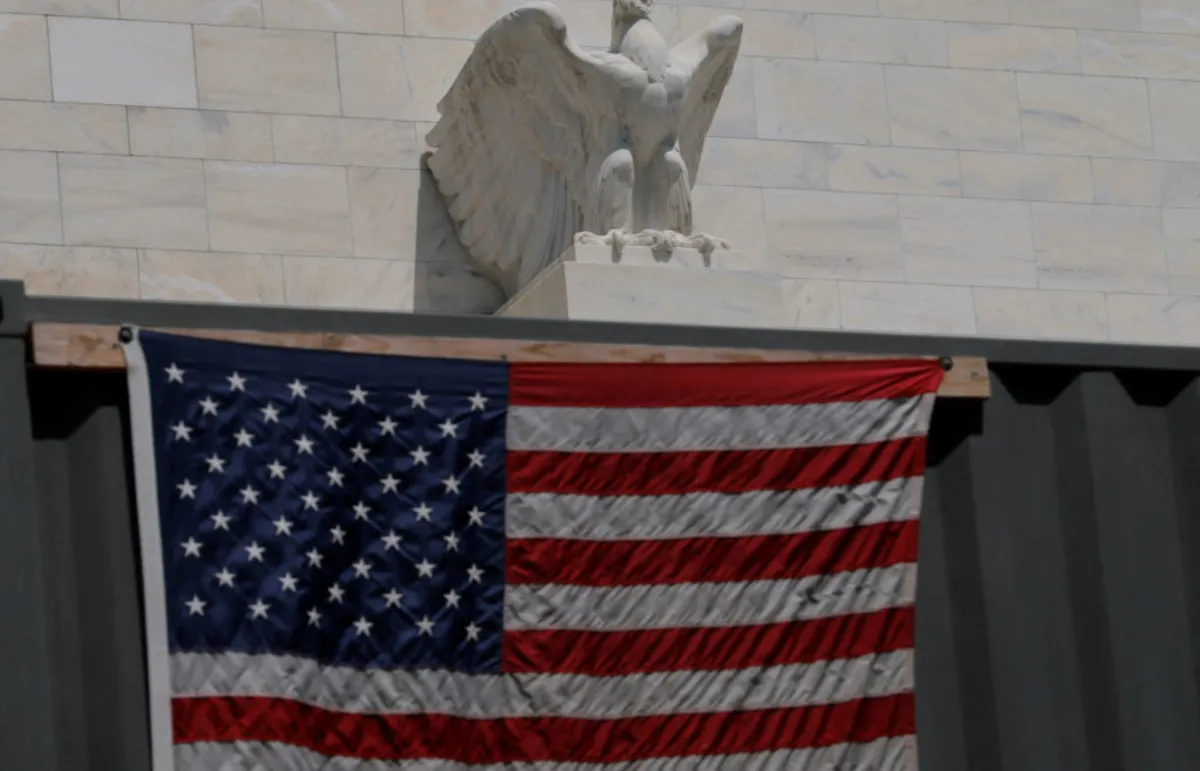
On August 25, 2023, former President Donald Trump sought to fire Federal Reserve Governor Lisa Cook. However, a federal judge ruled late Tuesday that this attempt was illegal, subsequently reinstating Cook to her position on the Fed’s board. This decision comes amidst accusations from Trump that Cook committed mortgage fraud by allegedly claiming two properties as “primary residences” in July 2021, prior to her joining the board.
Trump's allegations suggest that Cook's claims could have allowed her to secure a lower mortgage rate and a reduced down payment, compared to declaring one property as a rental or second home. Despite these accusations, Cook has firmly denied any wrongdoing. In a significant ruling, U.S. District Court Judge Jia Cobb stated that the administration had failed to meet the legal criteria for firing Fed governors, which is limited to misconduct occurring during their time in office. Notably, Cook did not join the Federal Reserve Board until 2022, which was a pivotal point in the ruling.
In their emergency appeal, Trump's legal team argued that even if the alleged conduct occurred before Cook's tenure as governor, it raises serious questions about her trustworthiness. They contested whether she could responsibly manage the interests of the economy and interest rates. The administration is now seeking an emergency ruling from an appeals court by Monday to potentially reverse the lower court's decision. If successful, Cook could be temporarily removed from the Fed’s board, missing the crucial meeting scheduled for next week.
Regardless of the outcome of the appeal, the Federal Reserve is anticipated to lower its benchmark interest rate by a quarter-point to approximately 4.1% in the upcoming meeting. A reduction in the Fed’s key interest rate typically leads to decreased borrowing costs for mortgages, auto loans, and business loans. Notably, some rates have already begun to drop in anticipation of this potential cut.
Should Stephen Miran, a top economic advisor to Trump, receive approval in time to join the Fed next week, he may advocate for a more aggressive half-point reduction in the Fed’s rate. However, decision-making on interest rate cuts involves 12 officials, including the seven Fed board members and five of the 12 regional bank presidents who vote on a rotating basis. While Trump's other appointees, Christopher Waller and Michelle Bowman, might back a half-point cut, several regional bank presidents have expressed concerns regarding the persistently high inflation rates, likely opposing such a significant reduction.
If the Federal Reserve opts for a quarter-point cut, it is plausible that dissenting votes may arise from officials favoring no cut at all, as well as from those advocating for a half-point reduction. The unfolding legal challenges and the Fed's upcoming decisions are set to significantly influence the economic landscape in the coming weeks.